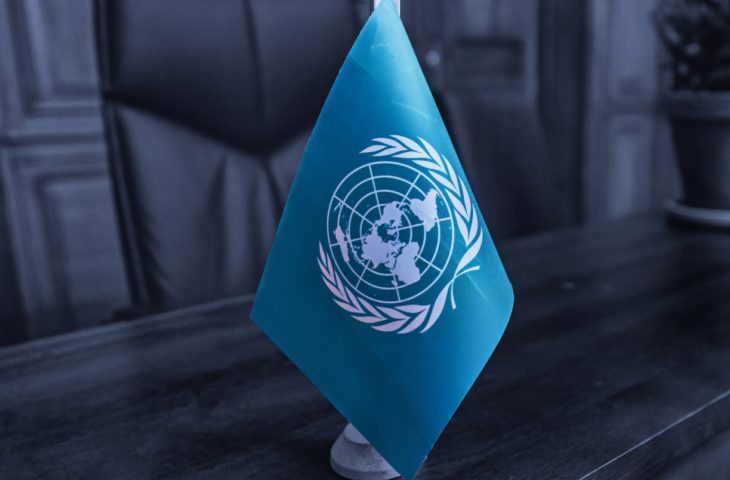ICANN fears that the UN wants to exclude experts from future regulations on the Internet.
The nonprofit Internet Corporation for assigned names and numbers has expressed reservations about the United Nations Global Digital Compact initiative. ICANN fears that the role of technical experts will be far too small and that their knowledge will be ignored rather than used.
What is GDC?
Global Digital Compact is a UN project to create an open and secure digital future for everyone worldwide. This requires the collaboration of different stakeholders such as governments, private companies, scientists and civil organizations.
This involves data security, connectivity, but also responsibility for harmful online content. According to Secretary General António Guterres, this is necessary because the digital transformation represents one of the great seismic changes of the 21st centurye century will be. Last year’s “Declaration on the Future of the Internet” by the EU and 33 other countries proved that governments are working on it anyway.
discontent
However, according to ICANN, recent communications from the Global Digital Compact mainly point to a three-person model of stakeholders, divided into the private sector, governments and civil organisations. In an open letter, ICANN and two other Internet organizations now emphasize that technical experts cannot simply be counted among the latter group.
APNIC (it Asia Pacific Network Information Center) and ARIN (de American Registry of Internet Numbers) Join ICANN’s call not to ignore the voice of the technical specialists. The three organizations are convinced that relevant actors in the digital field should be a stakeholder in their own right.
In the document, the signatories refer to the immense worldwide growth of the Internet: from one billion users in 2005 to a fivefold increase in this number eighteen years later. In her opinion, this should prove the usefulness of her expertise and follow-up in the digital future and in the plans of the Global Digital Compact.
ICANN sometimes goes far when it comes to the openness of the Internet. For example, last year the organization refused to shut down certain Russian domain names because no one has that exclusive right.
